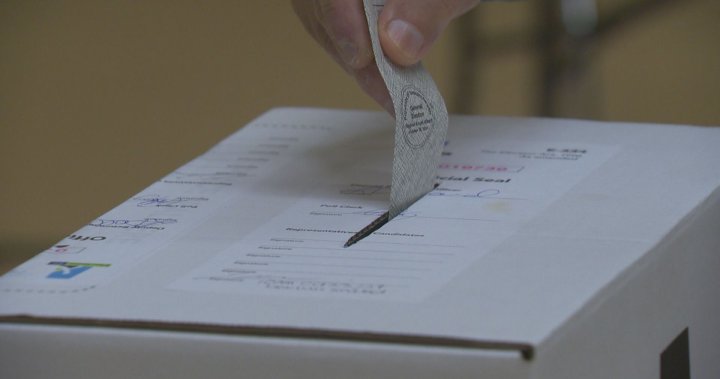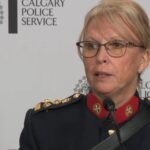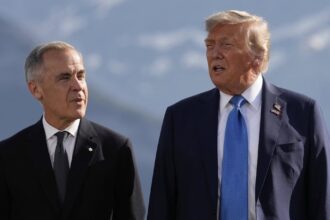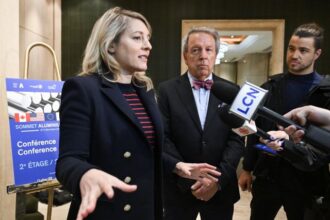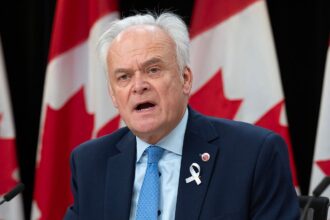In a bold legislative maneuver that has intensified Saskatchewan’s political tensions, the provincial NDP has introduced a bill aimed at significantly raising the bar for any future separation referendum. The opposition’s proposal would require a two-thirds supermajority for Saskatchewan to consider leaving Canada—a direct challenge to Premier Scott Moe’s Saskatchewan Party government, which has increasingly flirted with autonomy rhetoric.
The private member’s bill, introduced by NDP Leader Carla Beck, comes amid growing concern that the province’s existing referendum law creates a dangerously low threshold for such a consequential decision. Currently, the Saskatchewan Referendum and Plebiscite Act permits major constitutional changes to proceed with a simple majority of 50 percent plus one vote.
“The future of our province shouldn’t be decided by the narrowest of margins on something as serious as separation,” Beck stated during a press conference at the legislature. “A decision to separate from Canada would fundamentally alter the lives of every Saskatchewan resident and should require substantial consensus, not a razor-thin majority that could be influenced by temporary political winds.”
The timing of the NDP’s proposal appears strategic, following months of increasingly assertive “provincial autonomy” messaging from Premier Moe’s government. The Saskatchewan First Act, passed in 2023, and recent statements about establishing a provincial revenue agency have fueled speculation about the Saskatchewan Party’s long-term intentions regarding the federation.
When pressed for comment, Government House Leader Jeremy Harrison dismissed the NDP bill as “political theater” and “a solution in search of a problem.” Harrison insisted the Saskatchewan Party has no plans for separation, describing the opposition’s move as “manufacturing controversy where none exists.”
Political analysts note that the bill has little chance of passing without government support, but its introduction accomplishes multiple objectives for the opposition. Trent University political scientist Dr. Eleanor Wright suggests, “This forces the government to publicly clarify its position on separation and places the Saskatchewan Party in the uncomfortable position of either backing away from autonomy rhetoric or defending a lower threshold for potential separation.”
The proposed legislation would also require any referendum question to be clearly worded and include detailed information about the implications of separation, including economic impacts, border considerations, citizenship questions, and treaty obligations with Indigenous peoples.
Indigenous leaders have expressed support for the NDP initiative. Federation of Sovereign Indigenous Nations Chief Bobby Cameron emphasized that “First Nations entered into treaty relationships with the Crown, not with the province of Saskatchewan. Any conversation about separation must acknowledge that these nation-to-nation agreements cannot be unilaterally altered.”
The debate touches on deeper questions about Canadian federalism during a period when provincial-federal tensions have escalated across the country. Saskatchewan, like Alberta, has increasingly positioned itself in opposition to federal policies on climate change, resource development, and carbon pricing.
Public reaction has been mixed. A recent Angus Reid poll suggested approximately 27 percent of Saskatchewan residents would consider supporting separation under certain circumstances, though only 11 percent identified as strong separatists.
As this legislative battle unfolds in Regina, it raises a fundamental question about Canadian democracy: When it comes to decisions that could permanently alter the constitutional fabric of the country, what level of consensus should be required before such profound change can occur?

